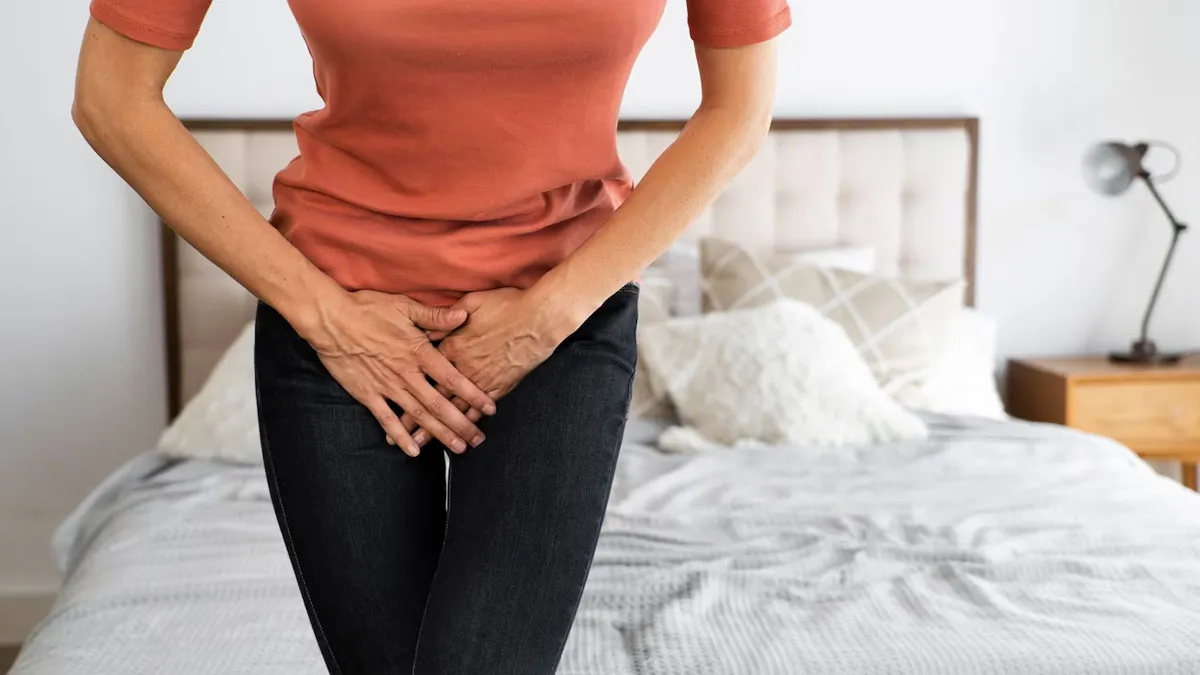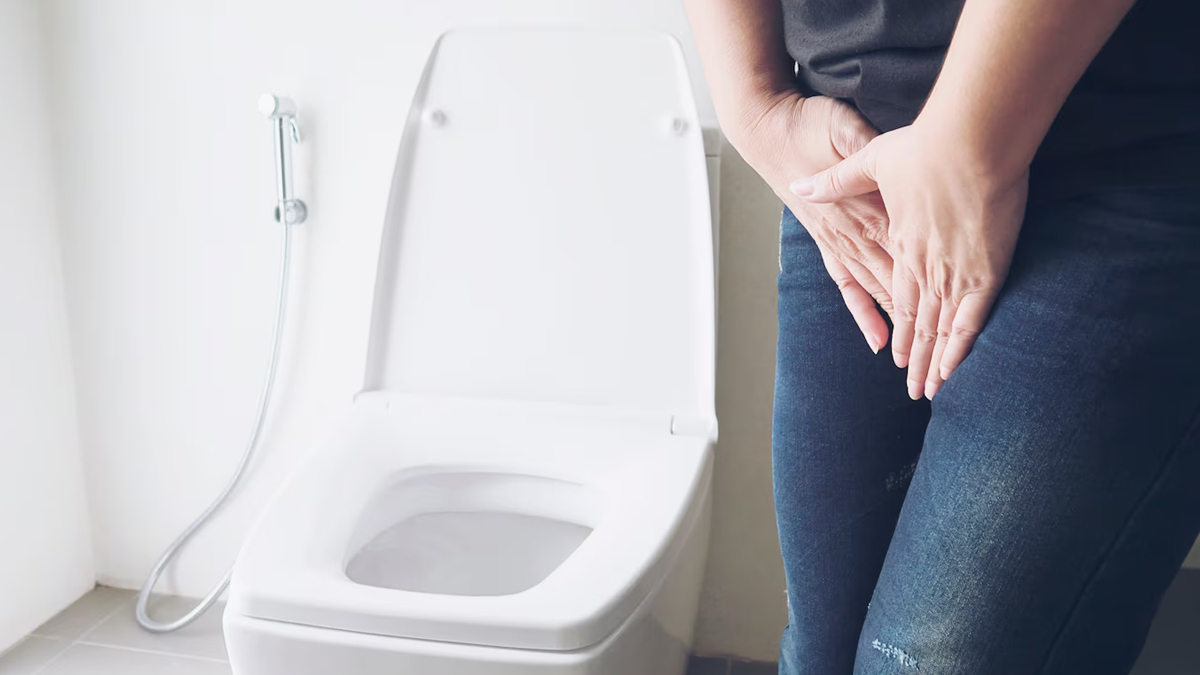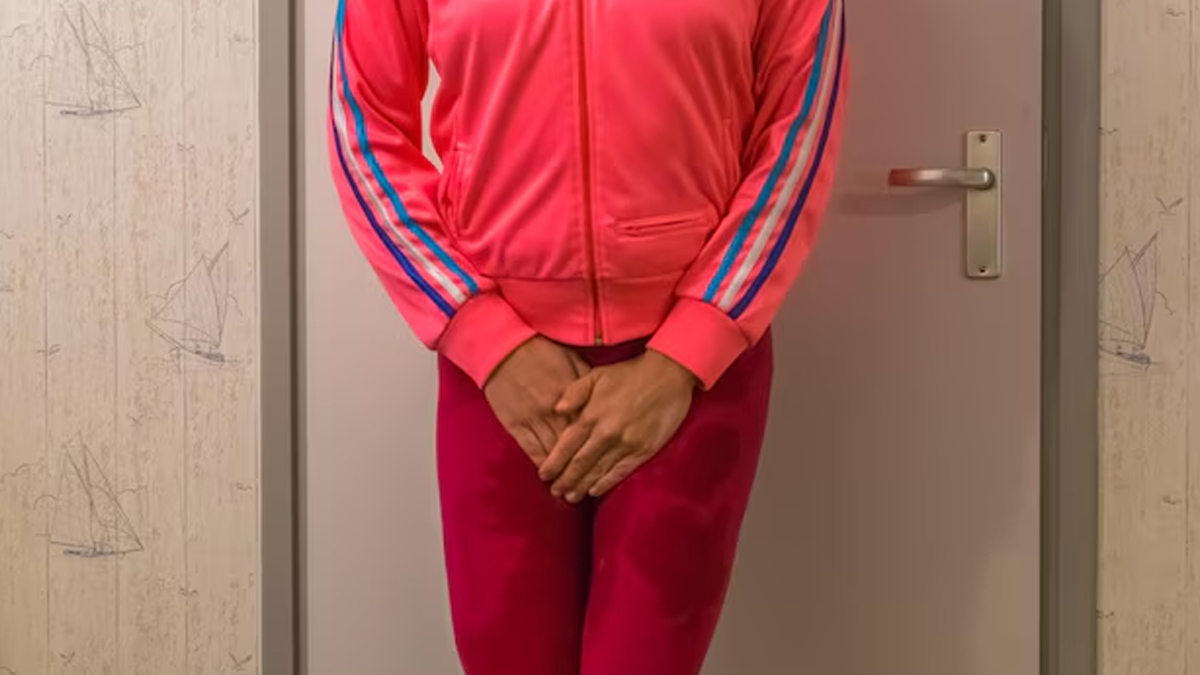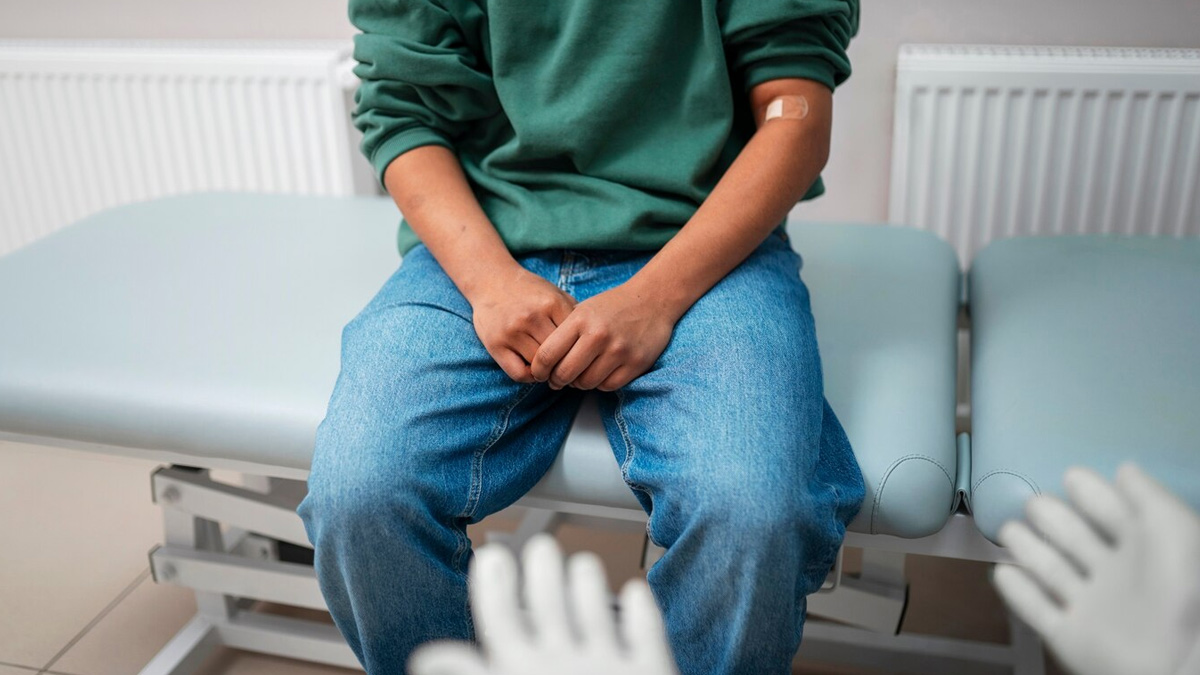
For many people, the sudden urge to pee just as they arrive home is an uncomfortable experience. Known as latchkey incontinence, or 'key-in-the-door' syndrome, this condition may seem harmless at first but could point to underlying bladder issues.
Table of Content:-
In an interaction with the OnlyMyHealth team, Dr Santosh Gawali, Senior Consultant - Urology and Transplant Surgeon, Jaslok Hospital and Research Centre, Mumbai, explains what causes it, how it’s linked to overactive bladder, and the steps you can take to manage it.
Also Read: Dietary Changes That May Help Manage An Overactive Bladder
What Is Latchkey Incontinence?

Dr Gawali describes latchkey incontinence, or turnkey incontinence, as a type of 'situational incontinence', where a person experiences a sudden, strong urge to
Urinate immediately on arrival at home.
According to Harvard Health Publishing, this could be due to a brain conditioning phenomenon. "People often have to wait until they arrive home to relieve themselves. The brain might get used to this pattern and start associating arriving home with the need to urinate, triggering the urge whether your bladder is full or not."
What Triggers Latchkey Incontinence?

Dr Gawali explains, "The urinary system involves a complex interplay between the bladder and the brain. Bladder neurones send inhibitory signals to the brain during the storage phase, and on arrival at a socially appropriate place and time for voiding, the brain then signals the bladder muscles to contract for urination."
"In latchkey incontinence, this connection is disrupted or strengthened in a way that the brain misinterprets the environmental cues (like the key or the door) as a signal to urinate, even if the bladder isn't actually full," he adds.
Simply put, your brain gets used to linking the act of arriving home with the need to urinate. Over time, this learnt response can trigger an urgent need to pee—even if your bladder isn’t full.
Another reason could be an Overactive Bladder (OAB), a condition where the bladder muscles contract involuntarily, causing a sudden urge to urinate. OAB can be caused by various factors, including nerve damage, bladder irritation, or even age-related changes.
Furthermore, there could be neurological triggers. For instance, just like the sound of running water can make someone feel the urge to urinate, the door unlocking becomes an environmental cue. The bladder-brain connection misinterprets this signal, resulting in a sudden need to void.
It is important to understand that certain underlying factors can also contribute to or worsen latchkey incontinence. These include:
- Caffeine or alcohol intake
- Chronic conditions like diabetes, Parkinson’s disease, or multiple sclerosis
- Hormonal changes due to menopause
- Constipation, which puts pressure on the bladder
Also Read: Menstruation And Bladder Control: What Every Woman Should Know
Why Latchkey Incontinence Often Goes Unnoticed
Latchkey incontinence is usually mistaken for other bladder issues like urge incontinence, stress incontinence, or general pelvic floor weakness. Because it appears in combination with these conditions, it often doesn’t receive the attention it deserves. Stress, anxiety, or the pressure of holding urine too long can also worsen the symptoms.
Treatment And Management Strategies For Latchkey Incontinence

Some of the key treatment and management strategies include:
Bladder training
Gradually increase the time between trips to the bathroom to train your bladder to hold more urine.
Timed voiding
Go to the toilet at scheduled intervals, especially before leaving home, to reduce the chance of urgency upon arrival.
Keep a bladder diary
Track your fluid intake, food habits, and urination patterns to help identify triggers.
Pelvic floor exercises
Strengthen your pelvic muscles with exercises like Kegels to improve control and reduce leakage.
Relaxation techniques
Deep breathing and mindfulness exercises can ease the anxiety that often intensifies the urgency.
Biofeedback
This method helps you become more aware of your bladder signals so you can better control your urge to urinate.
Lifestyle changes
Avoid bladder irritants like caffeine, alcohol, and spicy or acidic foods.
Screen for other conditions
Check for conditions such as diabetes, neurological disorders, or pelvic organ prolapse that may be contributing to your symptoms.
Medication
If lifestyle and behavioural strategies don’t help, doctors may prescribe medications like anticholinergics or mild antianxiety drugs.
Conclusion
Latchkey incontinence may seem like an unusual habit, but it often signals deeper bladder control issues. Understanding your triggers, practising bladder training, and making small but meaningful lifestyle changes can go a long way in managing the symptoms. And if it’s affecting your quality of life, don’t hesitate to reach out to a urologist for a thorough evaluation and personalised care.
Also watch this video
How we keep this article up to date:
We work with experts and keep a close eye on the latest in health and wellness. Whenever there is a new research or helpful information, we update our articles with accurate and useful advice.
Current Version
